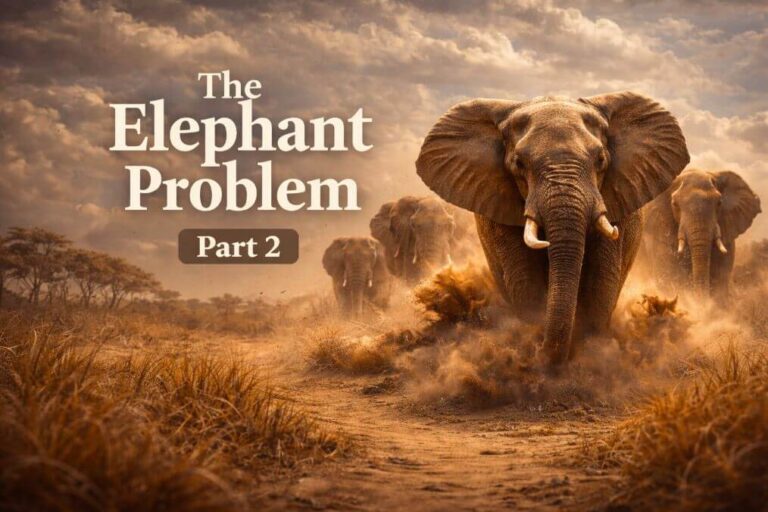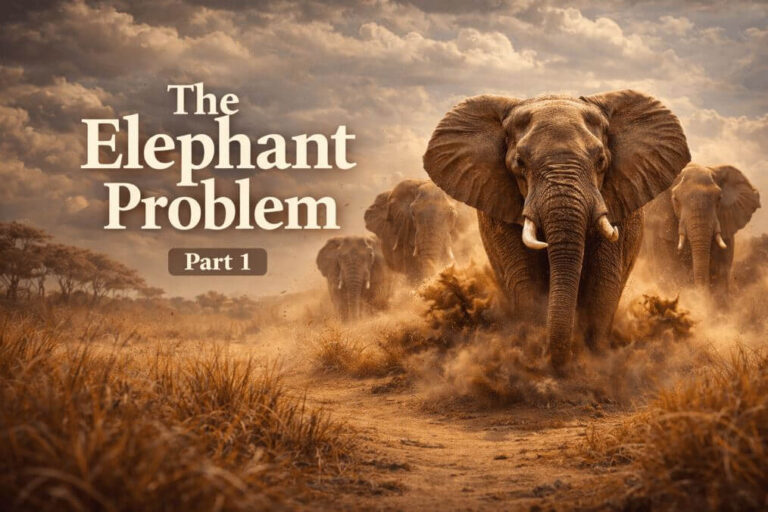The final transitions in becoming a business leader may be the most difficult to make. They require profound change within the person, which can take years to realise.
From numbers to purpose. One of the cornerstones of the consulting work we do at Violand Management is “performance follows behavior.” The longer version of this philosophy is “A company’s financial performance follows the behaviors of the people who are leading it.” So, if you want to change the performance of a company, you must change the behaviors (actions, decisions, thinking) of the people in its leadership.
Every year our company hosts strategic planning retreats for small business owners and their managers. A key component of the program is forecasting sales and expenses for the coming year. There’s no question that business is all about numbers—sales numbers, financial numbers, operating numbers, quality numbers, employee turnover numbers. Obviously, if a company doesn’t eventually make enough money to pay the bills and build a financial cushion, it won’t be in business very long.
But numbers become meaningless when they no longer hold a deeper meaning. It’s hard for a business owner to keep good people engaged when it’s all about building their own stack of cash or it’s only focused on the relentless pursuit of more.
In a Harvard Business Review article, authors Rodolphe Durand and Ioannis Ioannou wrote, “When everyone perceives their daily tasks as puzzle pieces fitting into a grander purpose, their engagement, motivation, and alignment with organizational values invariably surge.” My own experience has shown that these companies also perform better financially.
Grow from me to them. Not every business is started with the intention of being the next Nishiyama Onsen Keiunkan, in Yamanashi, Japan. This hot spring hotel was founded in 705 AD and has been run by the same family for a staggering 52 generations. Clearly it is a company that embraces the concept of “me to them.”
Businesses have always been socially constructed mechanisms to help their owners achieve the things they want out of their lives, whether it’s financial security, social good, cultural advancement, or personal satisfaction. So, while the concept of “me to them” often starts within an individual company, it extends well beyond that to include all the businesses that have come before us and all those that will follow.
In a company’s early years, the “me” phase, we draw on the experiences and lessons of the companies and business leaders that have preceded us to help learn what we need to know in order to grow. This stage revolves primarily around the owner as they are acquiring things: lessons, experiences, and assets.
As the company and its leaders mature, they transition into the “them” phase of business, where they give back to the communities that supported them and helped them grow.
But it goes even further. When an owner extends their vision beyond the years they’ll be at the helm of the company, the question then becomes what legacy are they leaving behind for others to build on.



